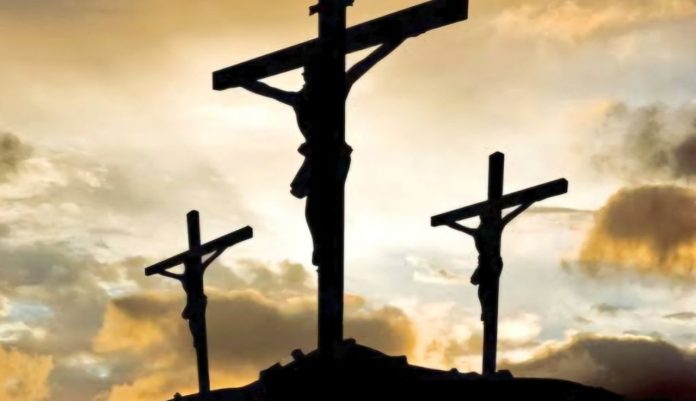Good Friday and Easter 2025: Easter is one of the most important festivals for Christians around the world, and in 2025, it will be celebrated on Sunday, 20 April. Just before that, Good Friday will be observed on 18 April. These two days hold deep spiritual meaning and are linked to the sacrifice and resurrection of Jesus Christ. But have you ever wondered why the dates of Easter and Good Friday change every year? Let us explain everything in simple terms.
Table of Contents
Good Friday and Easter 2025 Dates
- Good Friday 2025: Friday, 18 April
- Easter Sunday 2025: Sunday, 20 April
These dates are confirmed for both Western and Eastern churches, which is quite rare. Usually, due to different calendars, the dates vary between the two traditions.
What is Good Friday and Why is it Called So?
Good Friday is the day Christians remember the crucifixion of Jesus Christ. It is a day of sorrow, reflection, and prayer. Some people call it Holy Friday because of the holy and sacred nature of the day. Others call it Black Friday due to the sadness and mourning it brings, as it marks the suffering and death of Jesus.
In Germany and some other countries, the day is even known as Karfreitag, which means “Mourning Friday”.
Even though it’s a sad day, many Christians see Good Friday as a day of thankfulness, because they believe Jesus gave his life for the forgiveness of sins and to bring hope to humanity.
What is Easter Sunday and Why is it Celebrated?
Easter Sunday is a celebration of Jesus Christ’s resurrection from the dead. It is a joyful day and is seen as proof of Jesus’s divinity and victory over evil and death. It’s also known as Resurrection Sunday and is one of the biggest Christian festivals.
Churches hold special services, families gather together, and there are many traditions like decorating eggs, Easter egg hunts for children, and festive meals. The whole day is filled with hope, renewal, and positivity.
Why Does the Date of Easter Change Every Year?
Unlike festivals like Christmas which fall on the same date every year, Easter’s date changes. That’s because it follows the lunar calendar.
Here’s how it works:
- The Church fixed the vernal equinox as March 21.
- The Paschal full moon is the first full moon after March 21.
- Easter is celebrated on the first Sunday after this Paschal full moon.
So, depending on the moon, Easter can fall anytime between March 22 and April 25.
Also Read: American Company Revives Dire Wolf after 10,000 Years using DNA and Gene Editing
Why Do Western and Eastern Churches Celebrate Easter on Different Days?
Western churches, like Roman Catholics and Protestants, use the Gregorian calendar.
Eastern Orthodox churches, like the Greek and Russian Orthodox, use the Julian calendar.
Due to this difference, Easter is often celebrated on different days in different parts of the Christian world. But in 2025, both Western and Eastern churches will celebrate Easter on the same date – 20 April, which is quite special.
What Does Easter Mean to People Today?
For many Christians, Easter is more than just a religious festival. It is a time to come together with family, attend church, and reflect on the values of love, sacrifice, and hope. Many people also enjoy cultural traditions like painting Easter eggs, enjoying sweets, and spending time with loved ones.
In simple words, Easter is a festival of new beginnings. Just like spring brings fresh flowers and green trees, Easter brings joy, peace, and a fresh start for many.
As we look ahead to April 2025, Christians around the world will mark two very special days — Good Friday on April 18 and Easter Sunday on April 20. These days remind us of faith, sacrifice, and the power of renewal. Whether you celebrate it through prayer, family gatherings, or by simply pausing to reflect, Easter is a time to cherish. And this year, with both Western and Eastern churches celebrating on the same day, it’s a rare and beautiful opportunity for global unity in faith.





